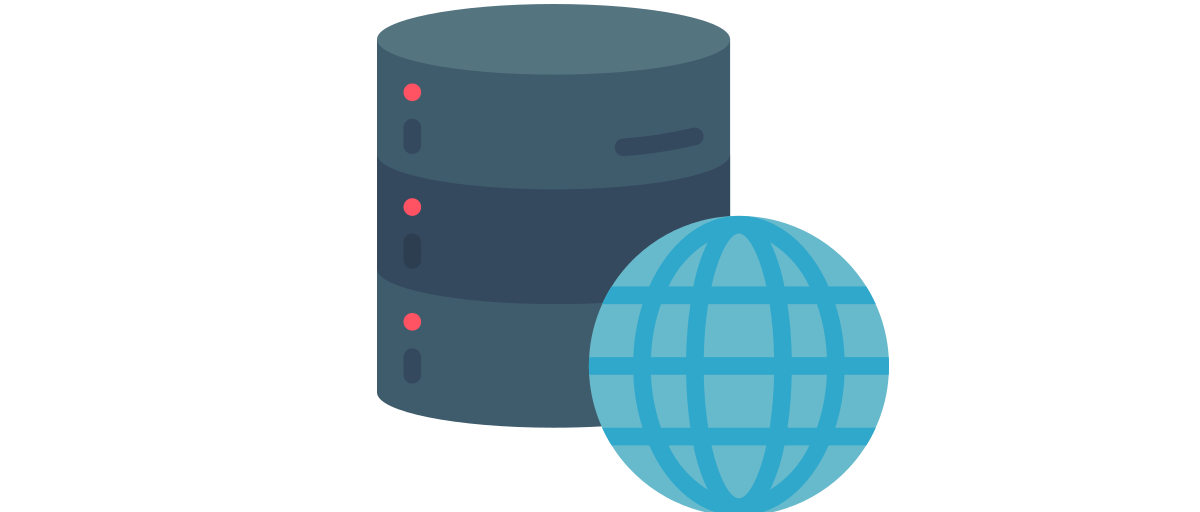SQL Essentials Training
- 12k Enrolled Learners
- Weekend/Weekday
- Self Paced

The capacity of your clusters can be increased. It is schema free and there is no requirement to design the tables and pushing the data to it. NoSQL provides easy replication claiming there are very less manual interventions in this. Once the replication is done, the system will automatically take care of fail overs.
The crucial factor about NoSQL is that it can handle huge amount of data and can achieve performance by adding more machines to your clusters and can be implemented on commodity hardware. There are close to 150 NoSQL databases in the market which will make it difficult to choose to choose the right pick for your system.
There are different kinds of data that are structured, unstructured and semi-structured and hence RDBMS systems are not designed to manage these types of data in an effecient way. NoSql databases comes in to the picture and are capable to manage it . People today are use different kinds of methodology and if you talk about the code velocity and implementation level, people wish to execute various activities at the same time. Talking about the traditional way, it was quite difficult in terms of taking care of the database and writing your application according to the database. So with the new NoSQL, things have become easier.
NoSQL claims various benefits associated with its usage. From managing data to scalability, it use has increased drastically. Huge amount of data can be managed and then streamed. Different kinds of data like structured and semi structured data can be analyzed and analytical activities can be performed.
If you’re not able to drive value out of any data, you can capture this kind of information. It’s object oriented programming is easy to use and flexible. It provides horizontal scaling instead of expensive hardware. If you want to scale vertically, then additional CPU’s and RAMs have to be purchased. But here horizontal scaling can be used with the help of commodity hardware.
Document Database– It pairs each key with a complex data structure known as document. It can contain many different key value pairs, or key array pairs or even nested documents
Key value stores– They are the simplest NoSQL databases. Every single item in the database is stored as an attribute name or key together with its value.
Graph store– They are used to store information about networks, such as social connections.Graph stores include Neo4J and HyperGraphDB.
Wide column stores- Wide column stores such as Cassandra and HBase are optimized for queries over large datasets, and store columns of data together, instead of rows.
ACID is a set of properties that guarantees that are processed reliably. In the context of databases, a single logical operation on the data is called a transaction.
Atomicity- Atomicity defines transaction as a logical unit of of work which must be either completed with all of its data modifications or none of them is performed.
Consistency- At the very end of the transaction, all data must be left in a consistent state.
Isolation- Modifications of data performed by a transaction must be independent of another transaction. Unless this happens, the outcome of a transaction may be erroneous.
Durability- When the transaction is completed, effects of the modifications performed by the transaction must be permanent in the system.
If you wish to learn Microsoft SQL Server and build a career in the relational databases, functions, and queries, variables etc domain, then check out our interactive, live-online SQL Training here, which comes with 24*7 support to guide you throughout your learning period.
Got a question for us? Mention them in the comments section and we will get back to you.
Related Posts:
Development and Production of MongoDB
 Thank you for registering Join Edureka Meetup community for 100+ Free Webinars each month JOIN MEETUP GROUP
Thank you for registering Join Edureka Meetup community for 100+ Free Webinars each month JOIN MEETUP GROUPedureka.co
The article makes it look like NoSql uses the ACID principles.
ACID principles relate to the Relational SQL Databases.
NoSql adheres to the BASE (Basically available, Soft State, Eventual consistency) principles.
Hey Dirk Bertels, thanks for checking out our blog.
Sorry for the confusion. For more details on Nosql vs NoSql please refer to the below given image :
https://docs.microsoft.com/en-us/azure/documentdb/media/documentdb-nosql-vs-sql/nosql-vs-sql-comparison.png
Hope this helps. Cheers!
From DBA side…I want to get more information about it being called as a free software or in what scenarios we’ll need to purchase license… Responses are appreciated in advance.
Yes you are correct Mohit! The product is completely free but if you are going to buy a Commercial product you will get more benefits like:
Below are the stuffs you will get :
MongoDB Enterprise Advanced is the best way to run MongoDB in your data center. It’s a finely-tuned package of advanced software, support, certifications, and other services designed for the way you do business.
MongoDB Management Service (MMS) is the easiest way to run MongoDB in the cloud. It makes MongoDB the system you worry about the least and like managing the most.
Production Support helps keep your system up and running and gives you peace of mind. MongoDB engineers help you with production issues or any aspect of your project.
Development Support helps you get up and running quickly. It gives you a complete package of software and services for the early stages of your project.
MongoDB Consulting packages get you to production faster, help you tune performance in production, help you scale, and free you up to focus on your next release.
You can also connect to MongoDB Team for more details if you are interested to buy a product :
https://www.mongodb.com/products/mongodb-enterprise-advanced
Hope this helps!